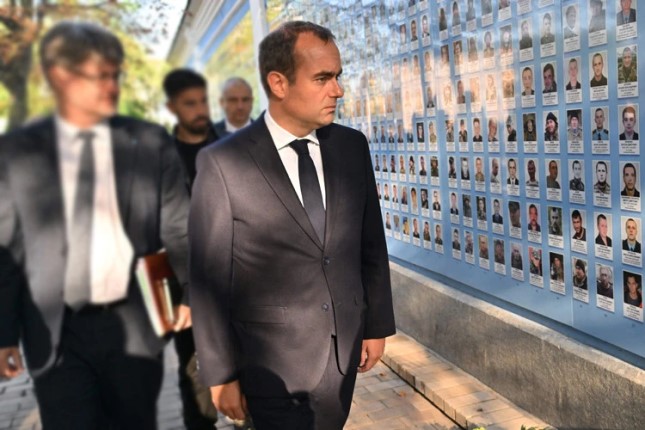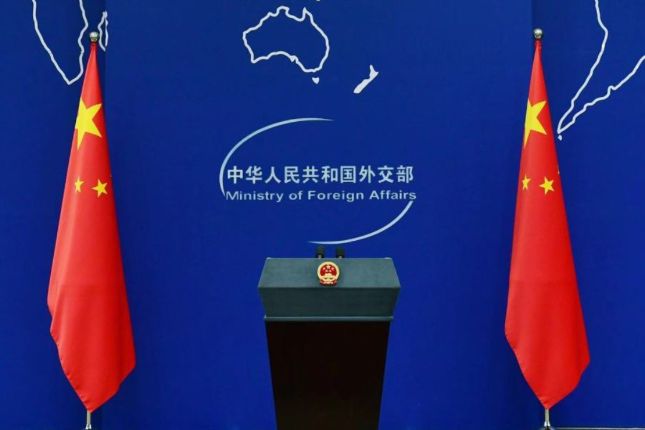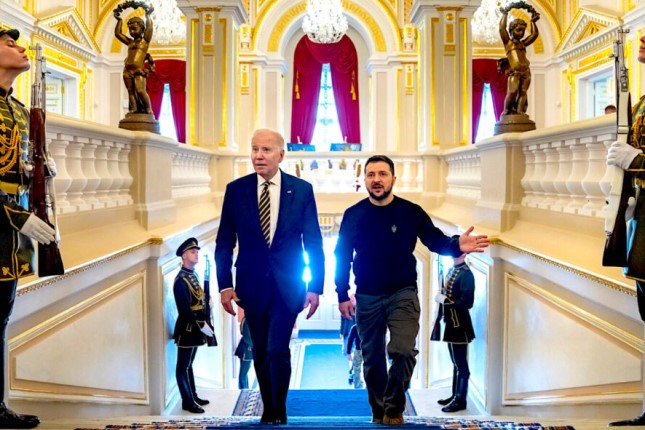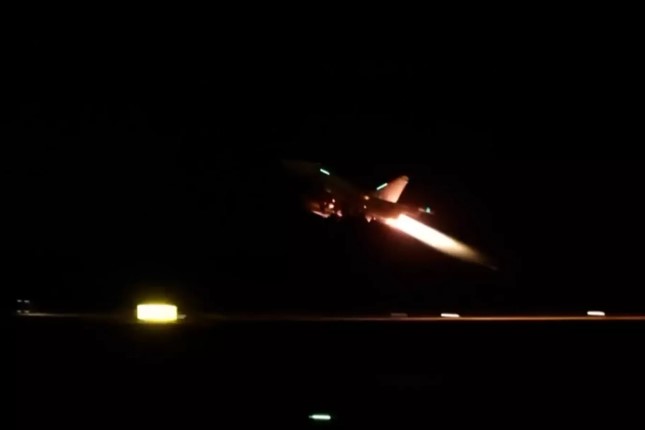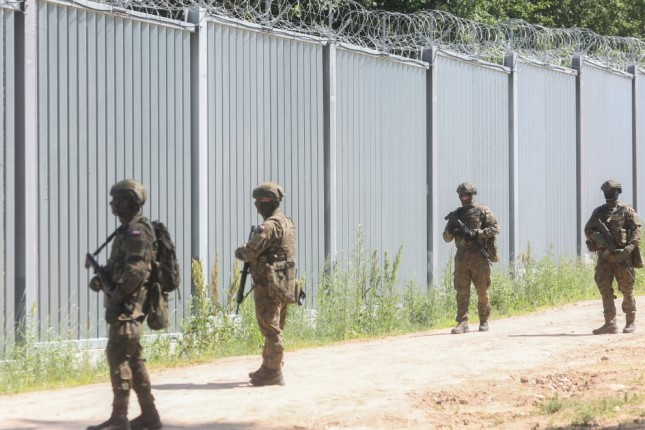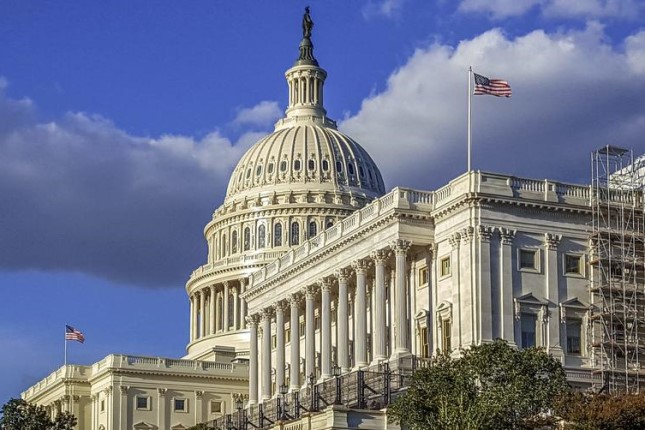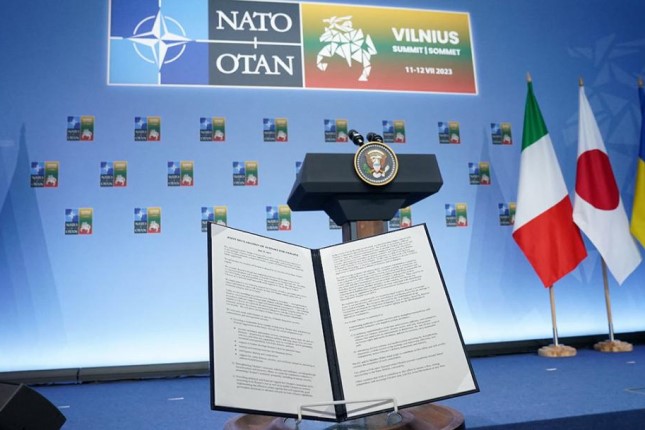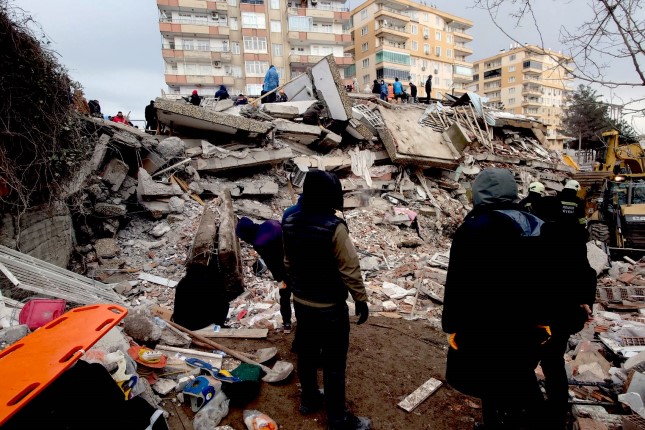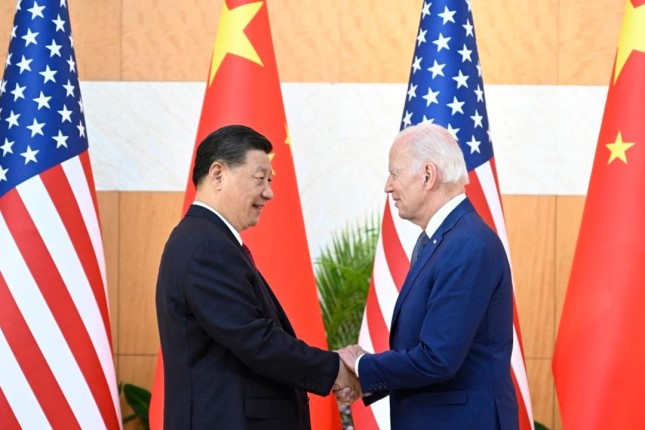French Defense Minister Sebastien Lecornu met with Ukrainian President Volodymyr Zelensky in Kyiv on Thursday and discussed joint weapons production a day before Ukraine will host a forum of international arms contractors.
“I discussed with your ministers very specifically how French industry can help you. We, of course, will continue this work,” Lecornu said in a video posted on Zelensky’s Telegram.
NATO Secretary-General Jens Stoltenberg and Grant Shapps, Britain’s new defense minister, were also in Kyiv on Thursday to discuss military support for Ukraine and the arms industry forum that will be held on Friday.
“I look forward to further encouraging news from tomorrow’s International Defense Industry Forum here in Kyiv,” Stoltenberg said at a joint press conference with Zelensky. “With participation from NATO and over 20 countries, it will be an important opportunity for Ukrainian companies to forge new partnerships with industry across the alliance and beyond.”
Joint weapons production with Ukraine could be a lucrative endeavor for Western arms makers, although factories located in Ukraine risk being targeted by Russia. But the threat has not deterred all Western firms. In July, the German arms maker Rheinmetall announced plans to open a factory in Ukraine to produce tanks and other armored vehicles.
After Zelensky met with President Biden in Washington last week, he said he secured a “long-term agreement that we will work together to ensure that Ukraine produces the necessary weapons together with the United States.” But the details of that agreement are not clear.
Stoltenberg also mentioned NATO efforts to replenish their military stockpiles that have been depleted by sending weapons to Ukraine. “I can confirm that NATO now has framework contracts in place for 2.4 billion euros worth of key ammunition,” he said. “This will help allies to refill their stocks. While continuing to support Ukraine.”
Earlier this year, Stoltenberg said Ukraine was using artillery ammunition at a faster rate than the entire NATO alliance could produce, raising questions about the sustainability of the proxy war. While the US and other NATO countries are boosting production, significant results aren’t expected to be seen for years.
Source: AntiWar.
